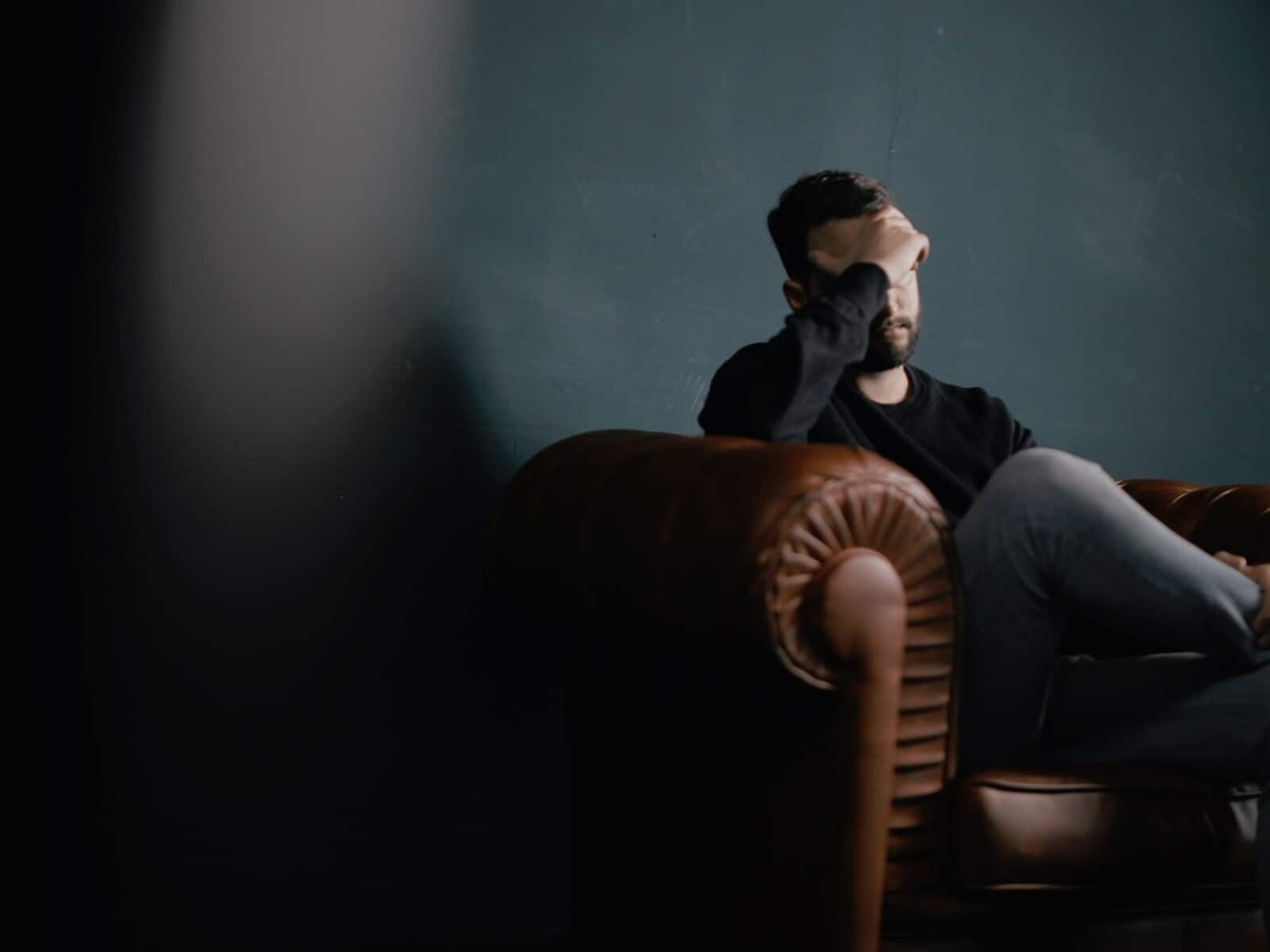On the 20th February 2023, TV Presenter and Sheffield local, Dan Walker was involved in a road traffic accident. Dan was knocked from his bike by a car as he cycled to the train station and has described how he lay on the ground for about 25 minutes after the crash.
“Very thankful to still be here. I have no memory of anything and just remember coming round on the tarmac with paramedics & police around me.” – Dan Walker
Immediately after the accident, Dan was taken to the local hospital in an ambulance and was treated for injuries to his face. An X-Ray confirmed that he had no broken bones, and after a few days rest at home, Dan was back at work hosting the Royal Television Society Awards.
In this article, we look at the symptoms of concussion, the problems associated with it and the subtle changes that some people may experience.
Symptoms of concussion
Memory loss or a difficulty in remembering events before or after an accident can be a sign of concussion.
Concussions are a type of traumatic brain injury (TBI) that can result from a blow to the head, a fall, or another trauma that causes the brain to move rapidly back and forth within the skull.
Symptoms of a concussion can vary, but may include:
- Memory loss or difficulty remembering events before or after an accident
- Headache or pressure in the head
- Confusion
- Dizziness
- Nausea or vomiting
- Sensitivity to light or noise
- Fatigue
- Irritability or mood changes
- Difficulty concentrating
Duration of a concussion
The duration of a concussion varies from person to person and depends on the severity of the injury and other factors, including age and health. Most people recover within a few days or weeks; however, some people may experience symptoms for several weeks or months.
Longer concussion (that lasts longer than a few weeks) can be a significant issue as it can indicate a more severe injury or underlying complications. Prolonged concussions symptoms are also known as post-concussions syndrome (PCS), which refers to the persistence of symptoms beyond the typical recovery period and can affect a person’s daily life, including their ability to work, study or carry out day-to-day activities.
Subtle changes following a concussion/mild head injury
Following a concussion, a person may experience very subtle changes to their behaviour, mood, personality and cognitive abilities, that are not easy to detect, or noticeable straight away but can still impact their daily life.
In some cases, a person may experience ongoing issues with pain, poor sleep and fatigue.
Concussion and vestibular issues
Vestibular issues can also be a common consequence of a concussion or other types of traumatic brain injuries. The vestibular system is a complex network of structures in the inner ear and brain that helps to control balance and spatial orientation. When it is disrupted or damaged by a concussion, it can result in a range of symptoms related to balance and coordination.
Vestibular symptoms can include:
- Dizziness or vertigo
- Difficulty with balance and coordination
- Motion sensitivity
- Difficulty focusing
- Tinnitus
- Sensitivity to loud noises
- Nausea or vomiting
Vestibular Rehabilitation Therapy (VRT) at STEPS Rehabilitation
At STEPS Rehabilitation, a vestibular assessment is included in each of our pathways to ensure that any issues are identified. If a vestibular issue is present, a more individualised assessment will take place to inform the therapy carried out.
Brain Injury Rehabilitation at STEPS Rehabilitation
At STEPS Rehabilitation, we provide residential rehabilitation programmes for clients who have survived a traumatic brain injury. Our interdisciplinary team provide a full range of therapies such as physiotherapy, occupational therapy, speech and language therapy, neurologic music therapy and hydrotherapy.
If you or a loved one has experienced a head injury and is showing symptoms of a concussion, it is important to seek medical attention as soon as possible.
